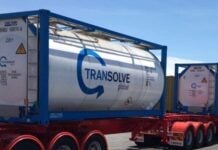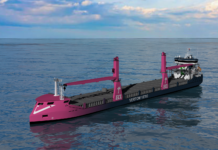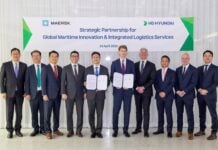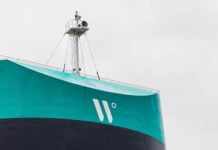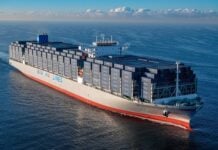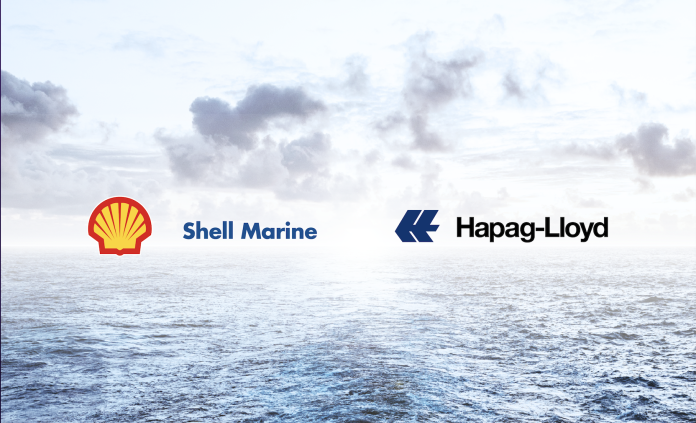
Shell Western LNG B.V (Shell) and Hapag-Lloyd have announced the signing of a multi-year agreement for the supply of liquefied natural gas (LNG) to Hapag-Lloyd’s ultra-large dual-fuel container vessels of 23,500+ twenty-foot equivalent units (TEU). Bunkering for these twelve new vessels is expected to commence during the second half of 2023, and LNG will be supplied in the Port of Rotterdam. The modern ships will be deployed on Europe-Far East routes and call at major ports, including Rotterdam, Hamburg, Singapore, and Shanghai.
Using LNG enables Hapag-Lloyd to immediately reduce the CO2 intensity of these vessels by up to 23% compared to conventional fuels. Additionally, using LNG supports the almost complete reduction of particle emissions. This is another crucial step for Hapag-Lloyd to reduce emissions and decarbonise its fleet in line with its goal of becoming net zero carbon by 2045.
As a hard-to-abate sector, Shell is exploring the viability of and investing in a range of fuels, technologies and solutions to help decarbonise shipping. This includes using LNG, where through an extensive network of 15 LNG bunkering locations in 10 countries globally, Shell has already achieved over 1,000 safe ship-to-ship bunkering operations for its marine customers.
In addition to the LNG supply agreement, Shell and Hapag-Lloyd have entered into a strategic collaboration agreement intended to accelerate the further decarbonisation of alternative marine fuels. The initial focus will be developing the potential of additional low-carbon fuel solutions, including liquefied biomethane and hydrogen-based fuel liquefied e-methane. Liquefied biomethane as a marine fuel has the potential to reduce greenhouse gas emissions by between 65% and 100%.
Tahir Faruqui, General Manager, Head of Downstream LNG at Shell, said: “We are delighted to have partnered with Hapag-Lloyd on this important initiative. Shipping decarbonisation must accelerate, and as the lowest-carbon fuel available at scale today, LNG is a key part of the transition to lower-carbon marine fuels. As we look to the future, we are committed to working with leading shipping companies like Hapag-Lloyd to establish credible pathways to net zero.”
Jan Christensen, Senior Director Global Fuel Purchasing at Hapag-Lloyd: “We are pleased to share the execution of this long-term supply agreement. Hapag-Lloyd has finalised a contract with Shell which secures flexible LNG supply at competitive terms. Furthermore, we are excited about our agreement with Shell to explore further decarbonisation opportunities as it allows both businesses to drive impactful change in the industry. Collaborations like this are crucial in helping us deliver our sustainability strategy while improving emissions in maritime shipping. Ultimately, this also enables our customers to decrease their carbon footprint.”
This announcement supports Shell and Hapag-Lloyd’s long-standing collaboration, which over the past years included the LNG bunkering of the “Brussels Express”, the world’s first large container ship converted to gas propulsion.
อัพเดตข่าวสารและบทความที่น่าสนใจในอุตสาหกรรมโลจิสติกส์ก่อนใคร ผ่าน Line Official Account @Logistics Mananger เพียงเพิ่มเราเป็นเพื่อน @Logistics Manager หรือคลิกที่นี่



